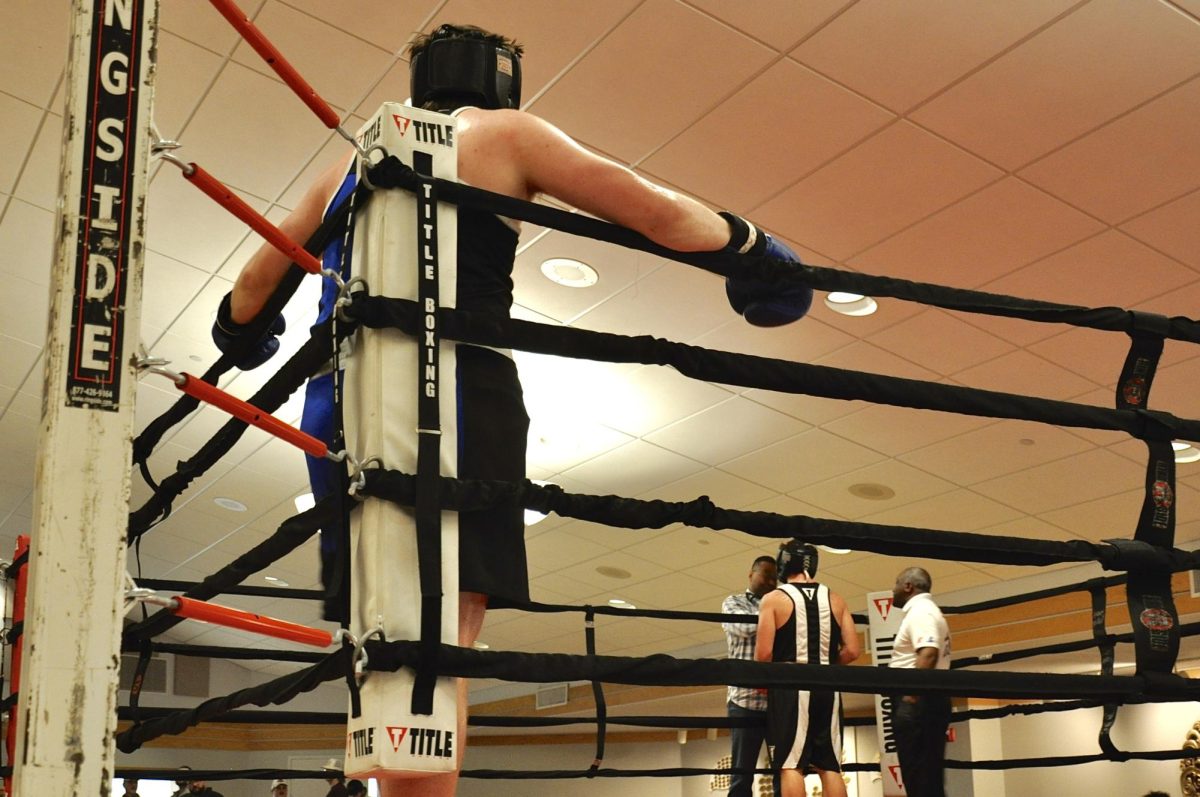We’re our own worst enemies, ladies. Let me explain.
We write songs about her, tear her down, make her our life’s greatest villain and sometimes-shamefully-we are her. It’s the “other woman.” And she is a bitch.
She weasels her way into the crevices of our private insecurities, the ones we carefully hide beneath layers of spicy perfume and timed laughter, and she slowly demolishes the relationship that we’ve been fighting for. Somehow, though her secret escapes me, she manages to continue capturing the attention of our significant other while we lie awake in bed at night, alone, wondering where he is and of whom he’s thinking. Sometimes they’re together in reality; other times-those horrible, damaging times-they go out to dinner inside our heads, spend the evening talking about nothing and everything, until she seductively signals beneath the table that the time has come to refocus their attention. And it’s another sleepless night.
Why do we let ourselves think about him thinking about her? Or why do we enter into the “other woman” role ourselves, causing a friend, sister, coworker or stranger a sleepless night missing our current companion? I’ve been on both sides and am still just as hurt and just as confused as the day I first noticed boys as more than cootie-carriers.
Relationships are complicated; that’s evident. They are multi-faceted and involved, and what you think was a relationship might never have been, while what you never expected to be a relationship may turn into one. The problem is that we’re all too caught up in the game of ‘It’s OK, I’m in Control’ to ask what it all means. We’re afraid to pause and figure it out because the result may not be what we want to hear. So instead, we let ourselves be strung along, like tin cans behind a wedding car, noticeably affected by bumps along the way. How often do we look around and ask, “Am I happy with this?”
The Other Woman (Warner Books, 2007) is a collection of essays by female authors detailing their experiences as jilted lovers or homewreckers: “Girls grow up primping and dieting to defend against her; boys grow up developing their pecs and abs to be enticed by her.” While surely meant to be comforting in that women are able to rise out of such pain, Victoria Zackheim has edited a chilling compilation that is heartbreaking. It is upsetting that women can be thoughtlessly cheated on, and it is tragic that they are so easily unfaithful to those whom they’re supposed to love.
When push comes to shove, we’re convinced it’s our fault for being too fat/ugly/boring. The women in this book are glorified for having the courage to share their stories, but they should first have had the courage to ensure that these stories never occurred. How dare these women flaunt their escapades and giggle when they are given heavy mink stoles while his wife is delivered a hefty therapy bill. So now literature is damaging; is anywhere safe anymore?
Betrayal doesn’t have to be physical; some women say that they would be more upset by their significant other falling in love with someone else than being in another’s bed themselves. So what do you do about it? Do you harden yourself-and consequently close yourself off-and resolve that you’ll never be hurt again? Or do you continue to take the risk that someone for whom you had very high hopes may very well let you down?
It’s painful, but perhaps there’s no way around it. Other women will always be looming and circling like vultures above a presently happy relationship between squirrels. Maybe the key isn’t sheltering your relationship so that there’s no room for him to think of someone else. Maybe the key is first preparing yourself for independence, which is necessary before you’re ready for a relationship anyhow. After all, when it comes down to it, those vultures are hungry. As long as you can outrun your fellow squirrel, you’ll make it out alive.









